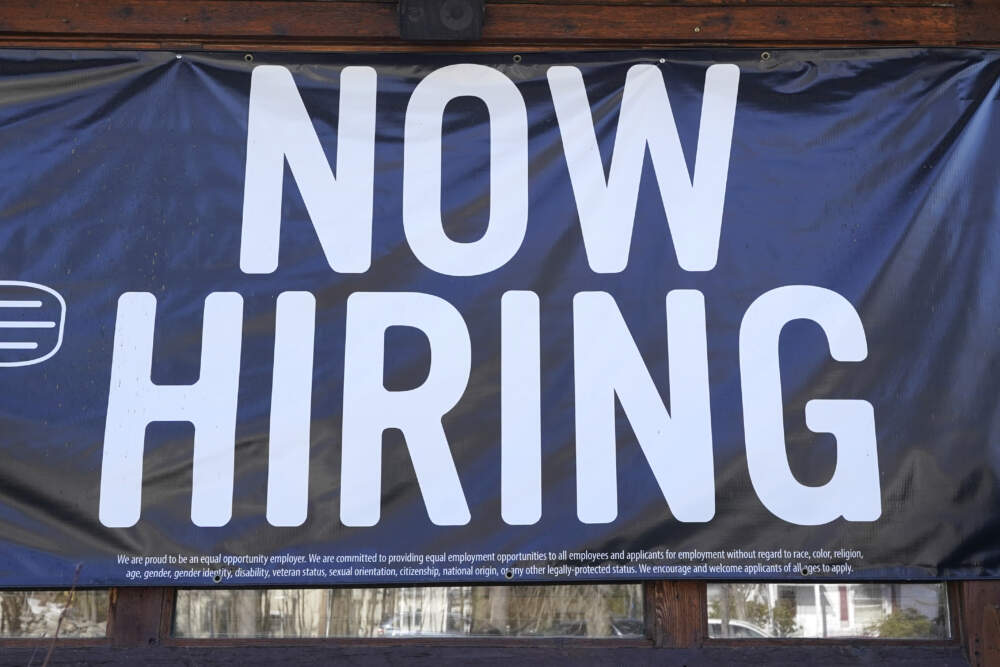Advertisement
Unemployed Mass. residents will now receive benefits for a max of 26 weeks instead of 30

Starting this week, Massachusetts residents filing new claims for unemployment benefits will be eligible for a shorter period of time than at any point since the start of the pandemic. The maximum weeks of benefits will fall from 30 to 26.
This change follows a chapter in Massachusetts General Law, which is triggered if each of the state's eight metro areas' unemployment averages fall at or below 5.1%.
The collection period was last enacted to 26 weeks before the COVID-19 pandemic in March 2019, and brought back up to the 30-week collection period in September 2021, the Boston Globe reported.
Any claimants who file for unemployment benefits on or after July 2 will be affected by the automatic state law. Claimants who filed prior to July 2 can still receive up to 30 weeks of benefits.
MassHire Holyoke board member Dan Bosley, a former state representative, said the benefits reduction may have a greater effect on western Mass job-seekers than those elsewhere in the state.
“It’s the long term, you know, the unemployed that they’re having difficulty finding a job, and those extra four weeks are kind of a cushion here in Massachusetts,” Bosley said.
The automatic decrease in the benefit period will possibly affect western Mass. unemployment collectors more than those based in metropolitan areas, as there are less jobs available in the mostly rural region, Bosely said.
The change only affects new claims for unemployment. The length of unemployment pay spiked during the pandemic, when the federal government offered additional benefits on top of those offered by the state.
More information on the collection change can be found here.
This story is a production of the New England News Collaborative. It was originally published by New England Public Media.